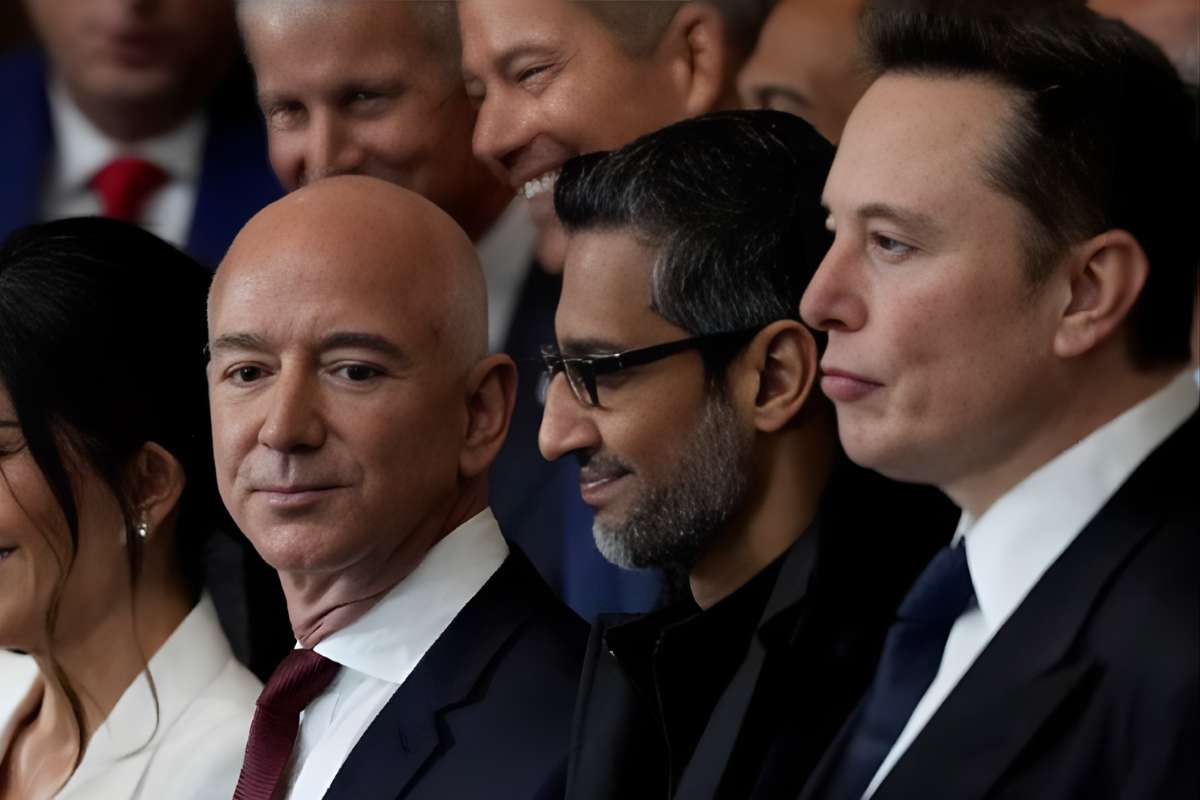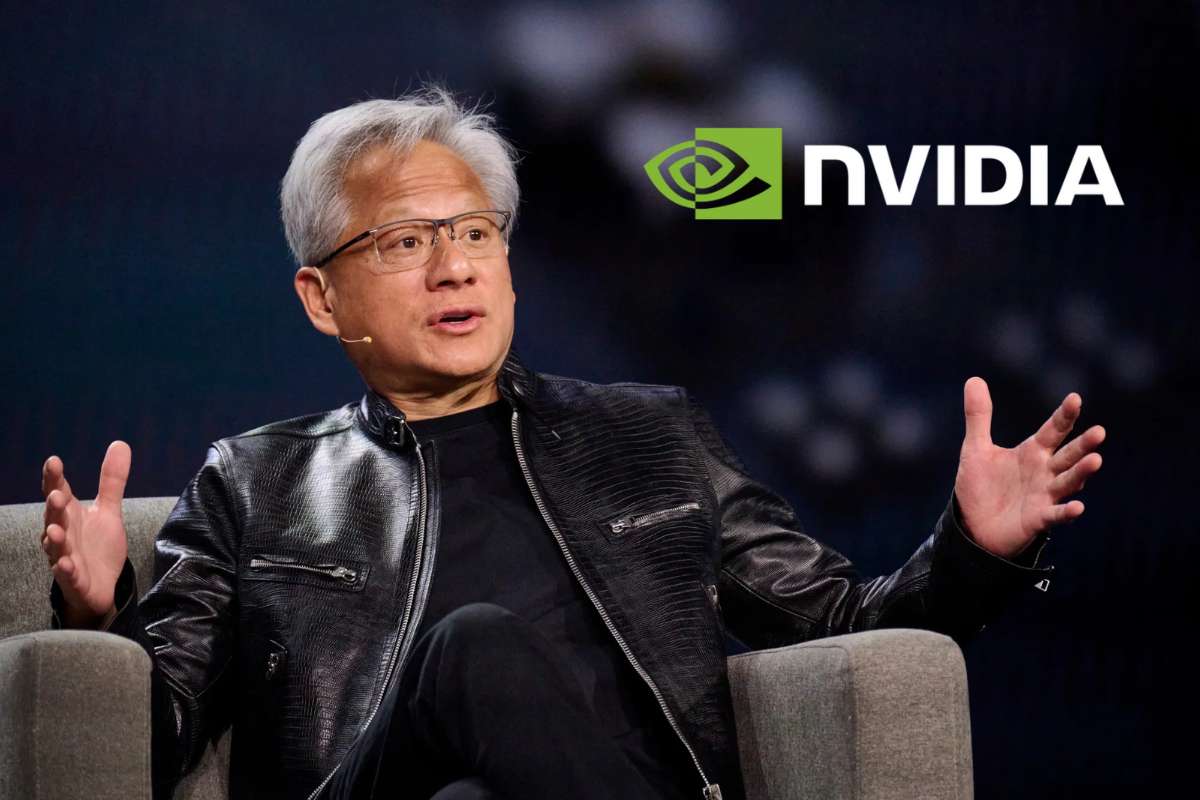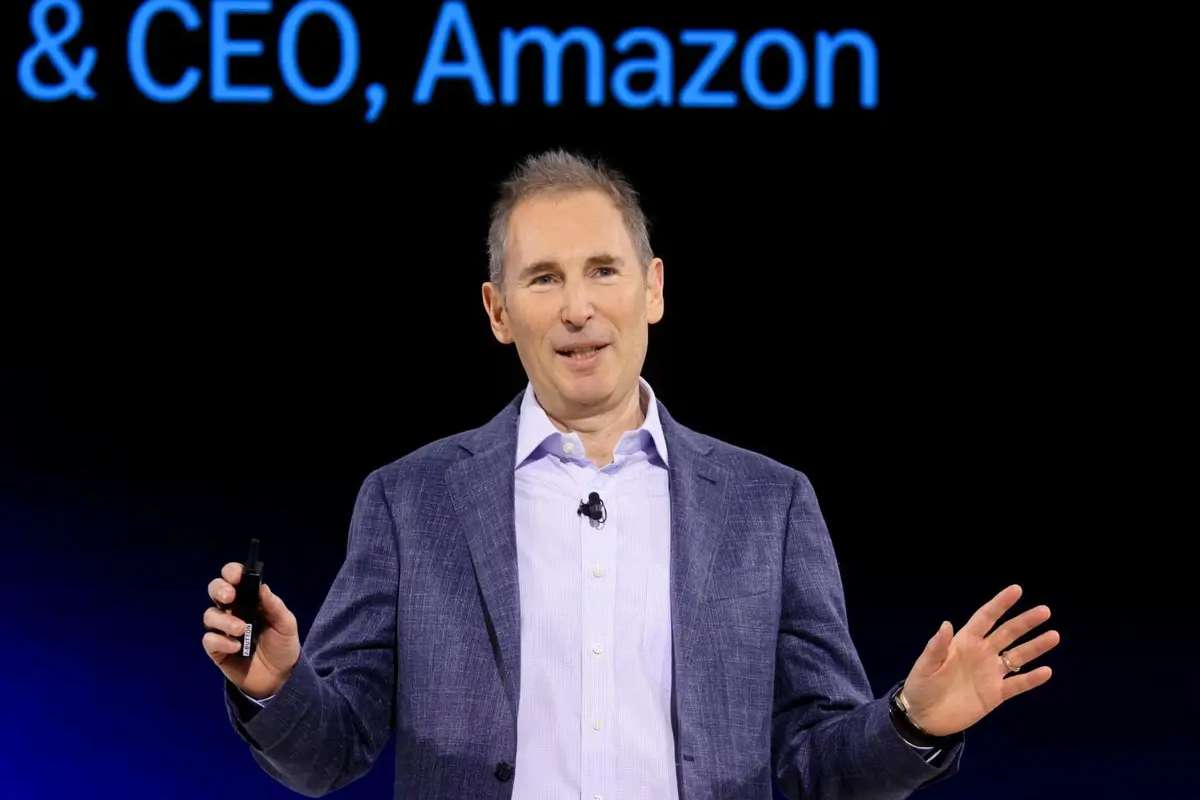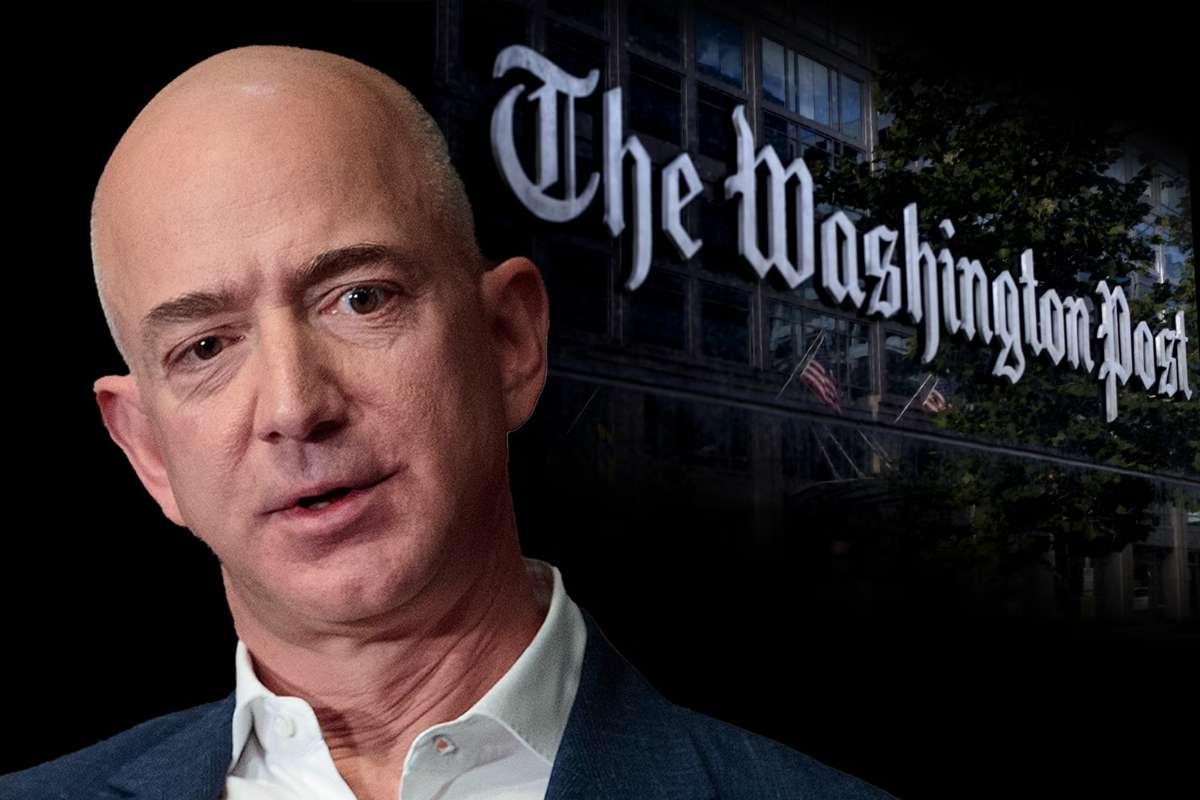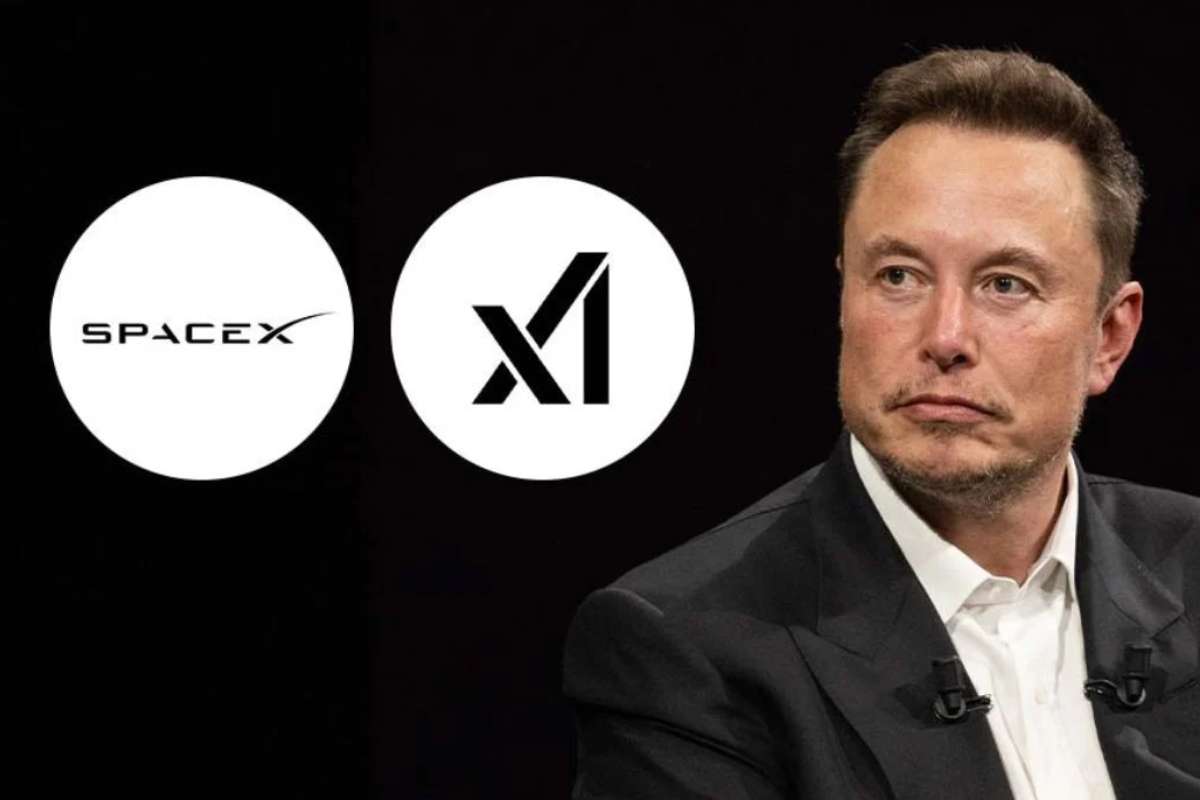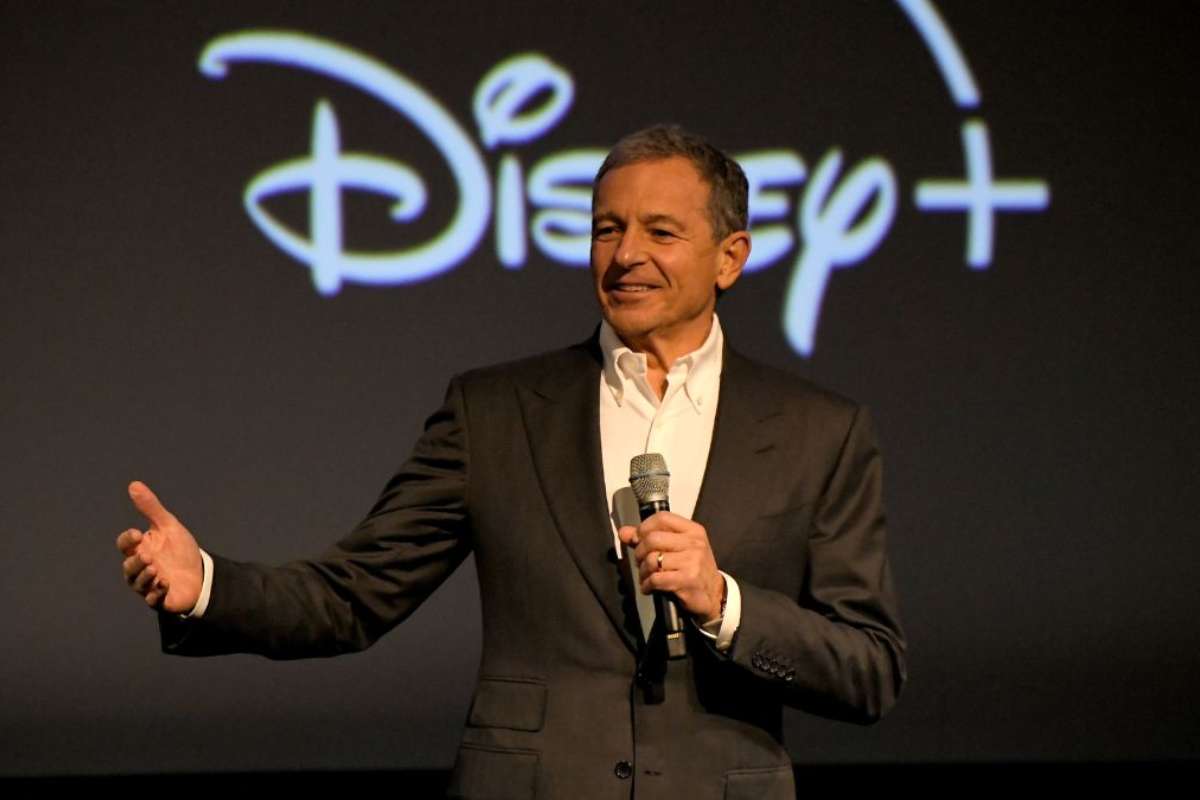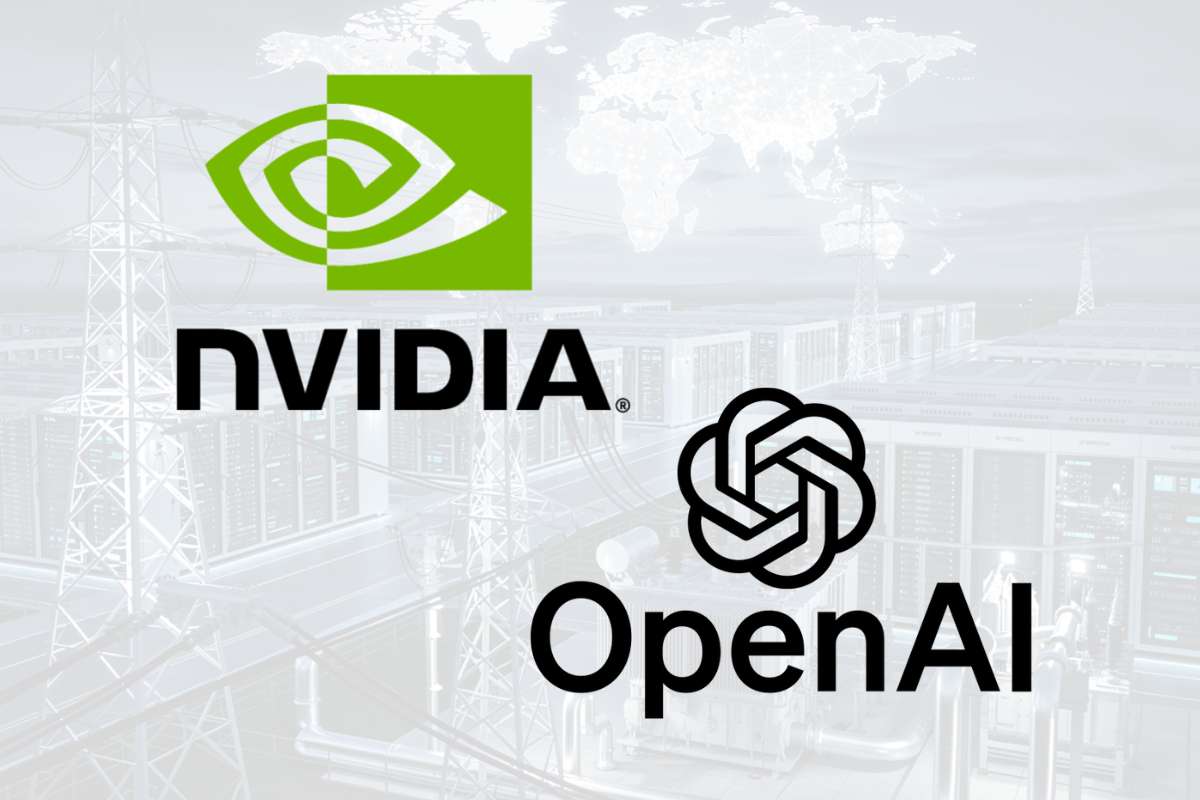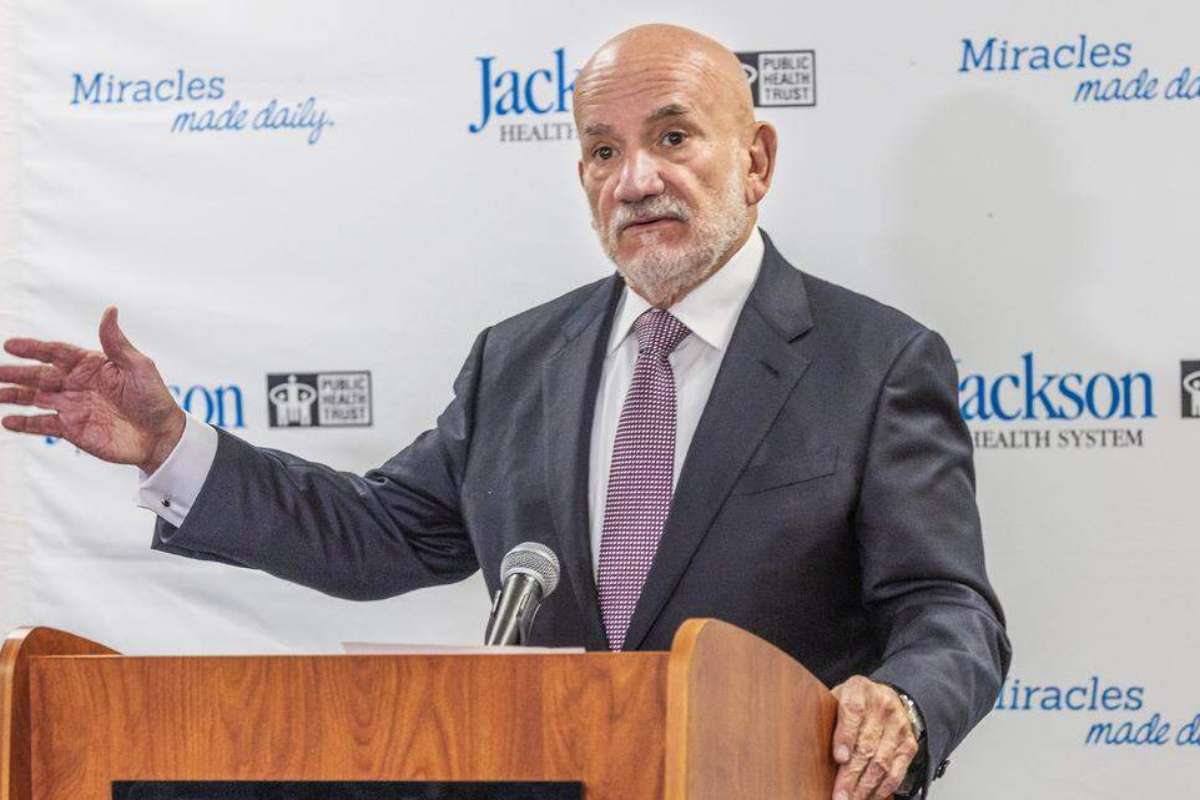Key Points:
- Bezos launches $6.2B AI venture Prometheus.
- Musk calls him a “copycat”; rivalry reignites.
- Prometheus targets applied AI in engineering.
Jeff Bezos is making a notable return to an operational leadership role with the launch of Project Prometheus, a new artificial intelligence venture valued at $6.2 billion. This marks his first formal executive position since stepping down as Amazon’s CEO in 2021, signaling a renewed focus on frontier technologies and long-term innovation.
Jeff Bezos will serve as co-CEO alongside Vik Bajaj, a scientist with extensive experience in experimental research and advanced technologies, including his time at Google’s X lab. The partnership brings together Bezos’s entrepreneurial vision and Bajaj’s scientific expertise, forming the foundation for what analysts believe could become one of the most influential engineering-focused AI companies in the world.
Despite operating in stealth mode, early reports indicate that Project Prometheus aims to build AI systems capable of addressing real-world engineering and manufacturing challenges. These applications could span aerospace, automotive design, industrial robotics, and advanced computing. The company has already hired close to 100 employees, many of whom come from leading AI research organizations, suggesting that Prometheus is positioning itself as a future powerhouse in applied AI.
Bezos’s return to the front lines of tech leadership has captured global attention, as it marks a shift from his recent focus on philanthropy, the Washington Post, and his space venture, Blue Origin. It also reinforces his ongoing interest in technologies capable of reshaping the physical and digital world.
Musk’s “Copycat” Dig Rekindles a High-Profile Tech Rivalry
No sooner had the news of Bezos’s comeback surfaced than Elon Musk responded publicly — and sharply. Musk posted on X, calling Bezos a “copycat”, adding a cat emoji to amplify the jab. The comment quickly went viral and immediately reignited one of Silicon Valley’s most closely watched rivalries.
The two billionaires have a long history of competition across shared industries, particularly in space exploration, autonomy, and advanced hardware. Musk’s reaction reflects the strategic tension between them as the global race to dominate AI accelerates. With Musk already leading multiple AI initiatives, including efforts to build safe and open foundational models, Bezos’s entry into the space introduces a direct challenge to Musk’s position.
Musk has previously criticized Bezos for imitating his ventures, making this latest comment another addition to their ongoing public rivalry. The renewed clash underscores the growing intensity in a tech landscape where leadership in AI is increasingly seen as a marker of global influence.
AI Boom Fuels Jeff Bezos’s High-Stakes Bet
Bezos’s leap back into executive leadership comes during an explosive period of AI investment worldwide. The surge in funding is driven by the belief that next-generation AI will extend far beyond software and into the realm of physical engineering, accelerating breakthroughs in manufacturing, aerospace systems, climate technology, and even space infrastructure.
While industry experts acknowledge the potential for an investment bubble, many argue that AI capable of solving real-world engineering problems could reshape global industry over the next decade. Project Prometheus appears to align with this vision, suggesting that Bezos aims to position the company not merely as another AI startup, but as a pioneer in applied intelligence for heavy engineering.
For Bezos, the move also connects to his long-term ambitions in space innovation, where advanced AI could play a transformative role. Whether Prometheus becomes a groundbreaking force or one of the many high-risk bets in the AI boom remains to be seen — but its launch has undeniably intensified the Musk-Bezos rivalry at a defining moment in technological history.

